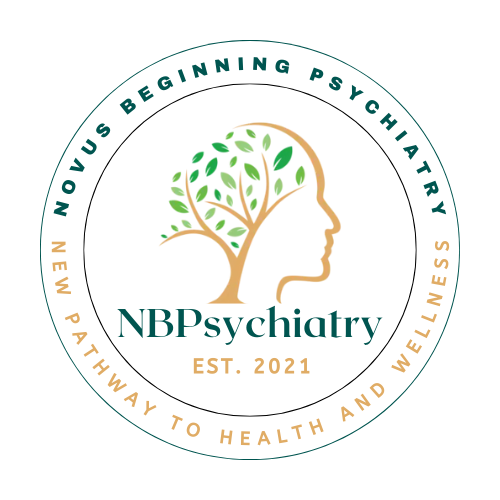Alzheimer’s Disease
Alzheimer’s is a progressive neurological disorder. One of the most common types of dementia, it is characterized by many symptoms that start with minor memory loss and may eventually affect one’s ability to communicate and respond to their environment. Alzheimer’s disease impairs a person’s memory and their ability to learn, reason, think, make decisions, communicate, and organize. It can significantly impair a person’s ability to carry out daily tasks. Alzheimer’s disease involves parts of the brain that control thought, memory, and language.
The signs and symptoms of Alzheimer’s get worse with time. When mental issues do become visible, they are often identified as mild cognitive impairment (MCI). MCI patients are pretty likely to progress to dementia. Alzheimer’s disease is the most common form of dementia. (Dementia may also result from a number of conditions, including vascular dementia, Parkinson’s disease, dementia with Lewy bodies, and others.).
Symptoms of Alzheimer's Disease
One of the initial symptoms of the disease and other dementias is frequent memory loss. Individual disease symptoms might also have one or more of the following issues in addition to memory issues:
- Trouble performing/taking longer to perform familiar tasks
- Psychological and behavioral changes, such as tension, anxiety, and hostility
- Repeating questions
- Difficulty budgeting and paying expenses
- Difficulty finishing routine duties at work, home, or in leisure
- Having trouble picking up new information and recalling recent happenings
- Difficulties performing multi-step tasks, such as dressing or cooking
- Placing items in unusual locations
- Confusing events, times, and locations
- Experiencing delusions, paranoia, or hallucinations
- Difficulty coping well with change
- Having irrational suspicions about relatives, friends, or family
- Poor decision-making or reasoning
- Difficulty speaking/ choosing the appropriate words
- Difficulty reading, writing, and numeracy
- Losing one’s way/wandering
- Being unable to fall asleep
- Difficulty walking
- Difficulty in eating
- Losing one’s way/wandering
- Being unable to fall asleep
- Depressive Disorder
How to diagnose Alzheimer’s disease?
Medical history
The doctor will examine the patient’s present and previous medical conditions, the drugs they are currently taking, and any history of Alzheimer’s disease or other memory impairments in the patient’s family. Additionally, will perform a neurologic exam and assess all current vital signs, including blood pressure, heart rate, temperature, and pulse rate.
Neuropsychological testing
This exam includes tests of focus, memory, linguistics, planning, reasoning, the ability to change behavior, as well as personality and emotional stability.
Mental status testing
A mental status examination tells a person’s ability to think and ascertain whether any problems are improving or worsening. These assessments cover tests of language, problem-solving, concentration, counting, memory, and attention.
Computed tomography (CT)
This scan reveals physical changes in the structure of brain tissue seen in the later stages of Alzheimer’s disease, including widening of the indentations of the brain tissues, and expansion of the brain’s fluid-filled chambers.
Magnetic resonance imaging
Brain atrophy may also be visible on this scan. It can also detect other structural defects, including strokes, tumors, fluid buildup on the brain, and other conditions that can show symptoms resembling those of Alzheimer’s disease.
Positron emission tomography
This scan demonstrates the irregular brain activity in an Alzheimer’s patient. In contrast to other types of dementia, it can also aid in the diagnosis of Alzheimer’s disease.
Blood and urine tests
Standard laboratory tests, such as blood counts, vitamin levels, liver and kidney function tests, mineral balance tests, and thyroid gland function tests, are performed to screen for other potential causes of symptoms.
How is Alzheimer’s disease treated?
Although there is currently no treatment for Alzheimer’s disease, there are medications that can help temporarily reduce the severity of dementia symptoms. The Food and Drug Administration (FDA) has currently certified two medicine classes to treat Alzheimer’s disease symptoms.
- Cholinesterase inhibitors. All of the cholinesterase inhibitors have been authorized to treat the moderate to severe signs of (AD). Among the cholinesterase inhibitors are Donepezil (Aricept), Rivastigmine (Exelon) and Exelon patch, and Galantamine (Razadyne).
- NMDA antagonist. It keeps nerve cells healthy by preventing the neurotransmitter glutamate from activating NMDA receptors. Compared to cholinesterase inhibitors, this medicine operates differently. Memantine-treated Alzheimer’s patients showed improved performance on tests of their daily routine activities. Patients with lower functioning may benefit the most.



